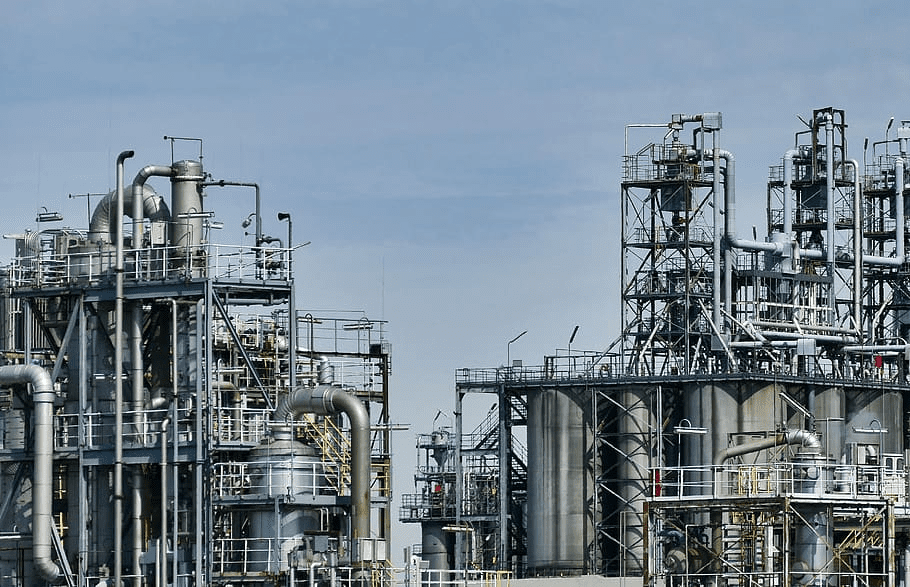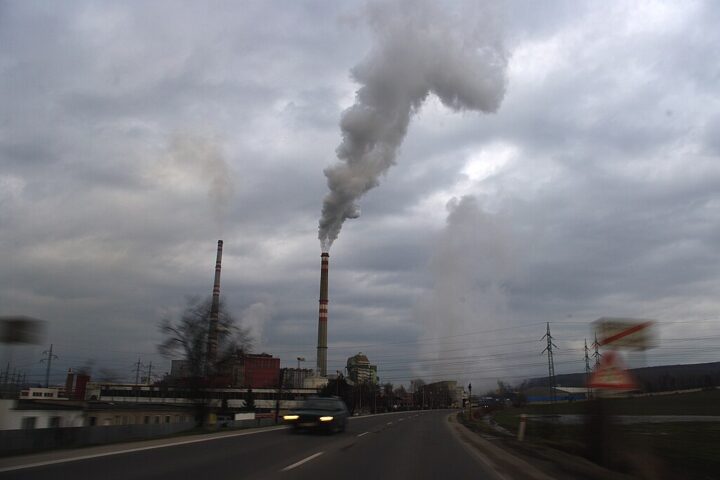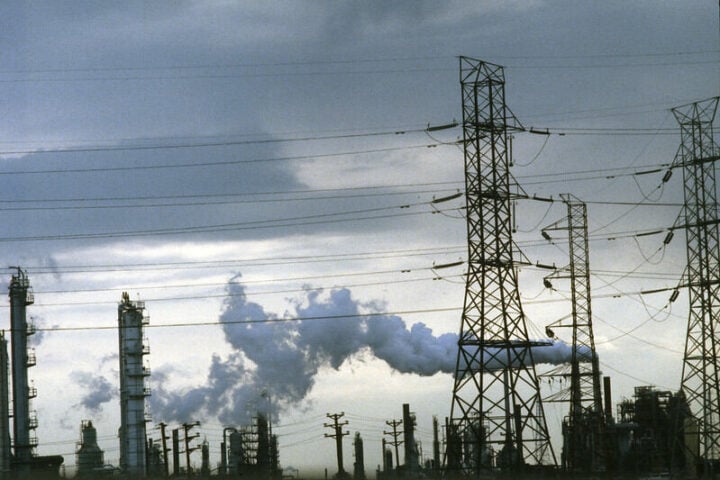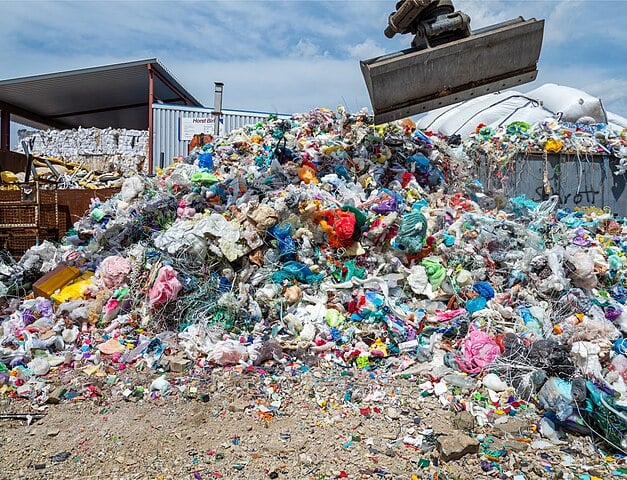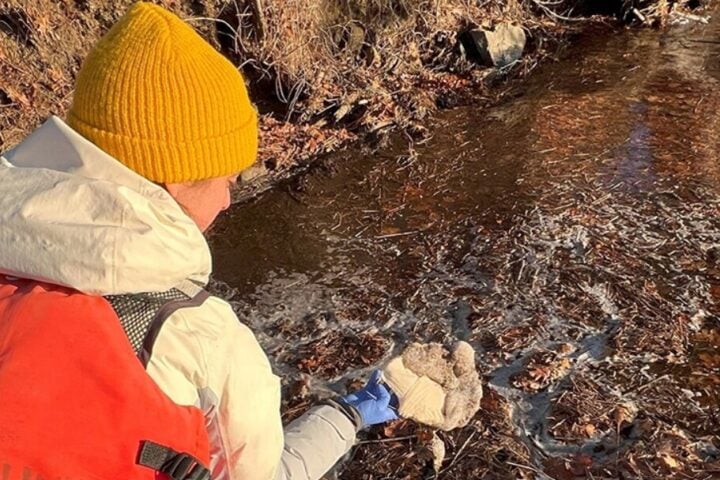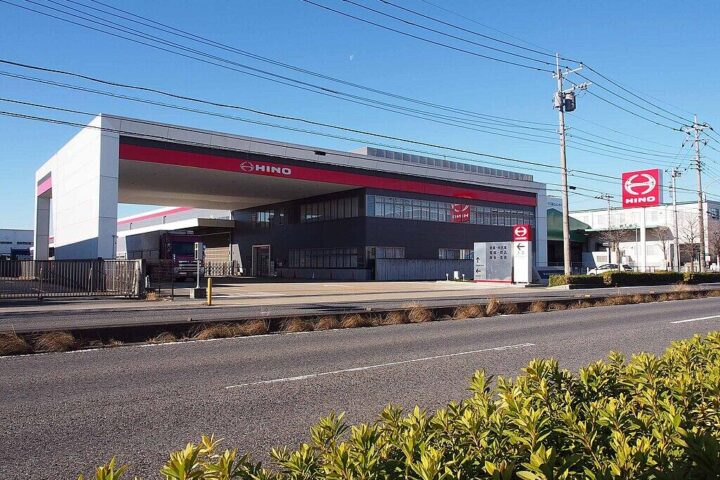New rules have been proposed by the EPA for chemical plants in the US that would measure & reduce certain hazardous compounds that cross beyond their property lines, reducing cancer risk & other exposure for communities that live close to harmful emitters.
Data, which will force companies to fix problems that increase emissions, will be made public by the proposed rules.
When finalized, the rules would affect approximately 200 chemical plants across the country, reducing toxic air emissions by 6,053 tons per year & limiting emissions of over 80 chemicals, including known or likely carcinogens such as chloroprene, ethylene oxide, benzene, 1,3 butadiene, & vinyl chloride.
The location of most of the affected plants is in Louisiana & Texas. The intention of the proposed rules is to address short-term emission spikes that occur when plants start up or malfunction during shutdown.
The purpose of the proposal is to cut toxic air emissions from chemical plants by limiting emissions of carcinogens, including chloroprene, which is classified as likely cancer-causing.
A priority of the environmental justice movement has been fence-line monitoring, & a number of refinery communities have won it in recent years. Some of those changes nationwide would be extended by the proposed measure.
Michael Regan, EPA Administrator, announced the plan in St. John the Baptist Parish, Louisiana, home to the Denka Chemical plant, which makes synthetic rubber & emits chloroprene, which is listed as a carcinogen in California.
The plant has been targeted by the EPA for allegedly increasing the cancer risk for the nearby majority-Black community, & it is less than a half-mile from an elementary school.
The agency opines that the proposed rules will cut ethylene oxide emissions nationwide by about two-thirds & chloroprene emissions by three-quarters from 2020 levels.
However, the American Chemistry Council said it is concerned about the EPA’s proposal for reducing ethylene oxide, saying it is based on a faulty EPA risk assessment.
According to Regan, the proposed measure is part of a push to address environmental justice issues, & his visit followed another to the same area in 2021, his first year in office.
Regan said the vulnerable communities have unjustly borne the burden of breathing unsafe, polluted air for generations.
The period for public comment on the proposal will follow, & the changes will also focus on manufacturers of ethylene oxide, which is commonly used in medical sterilization plants.
The EPA plans to issue proposed regulations for medical sterilization plants in the near future.
